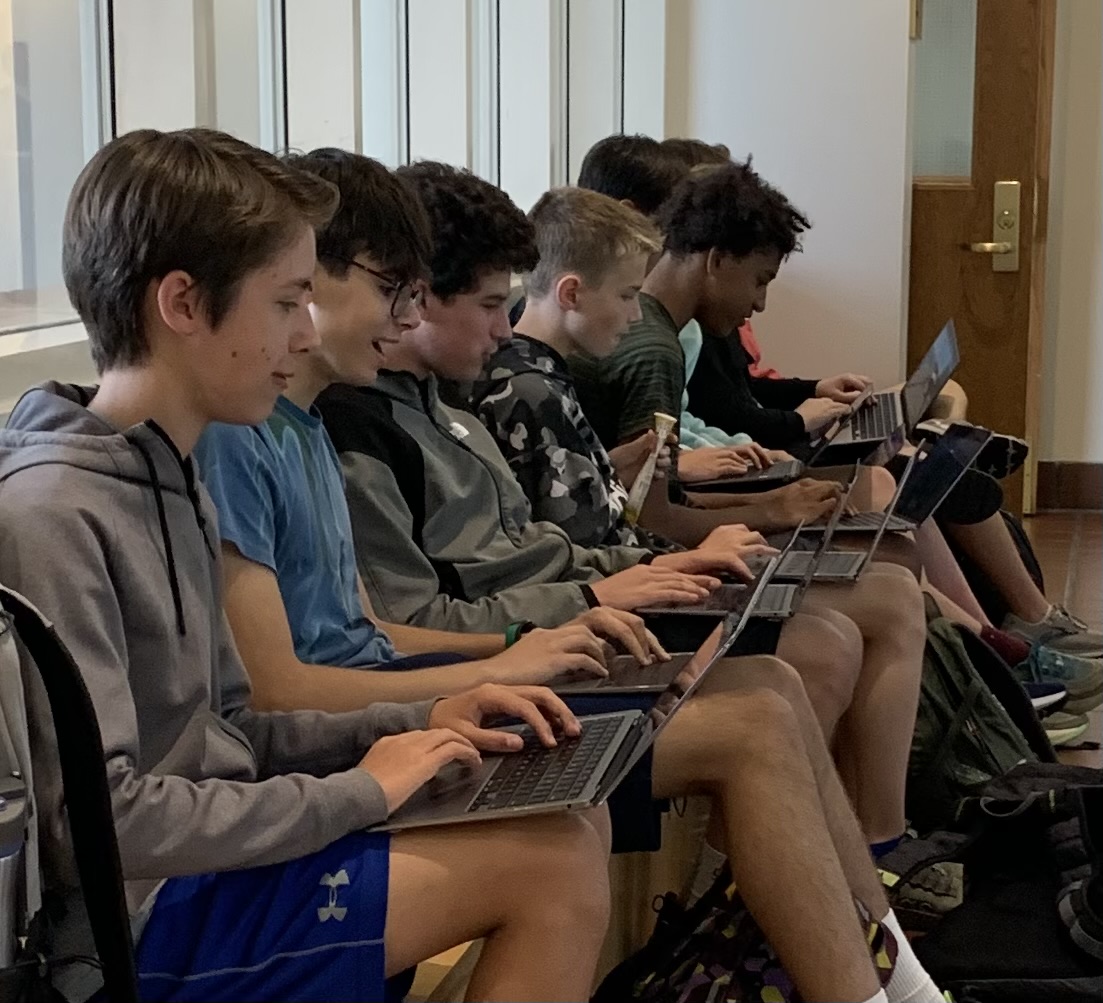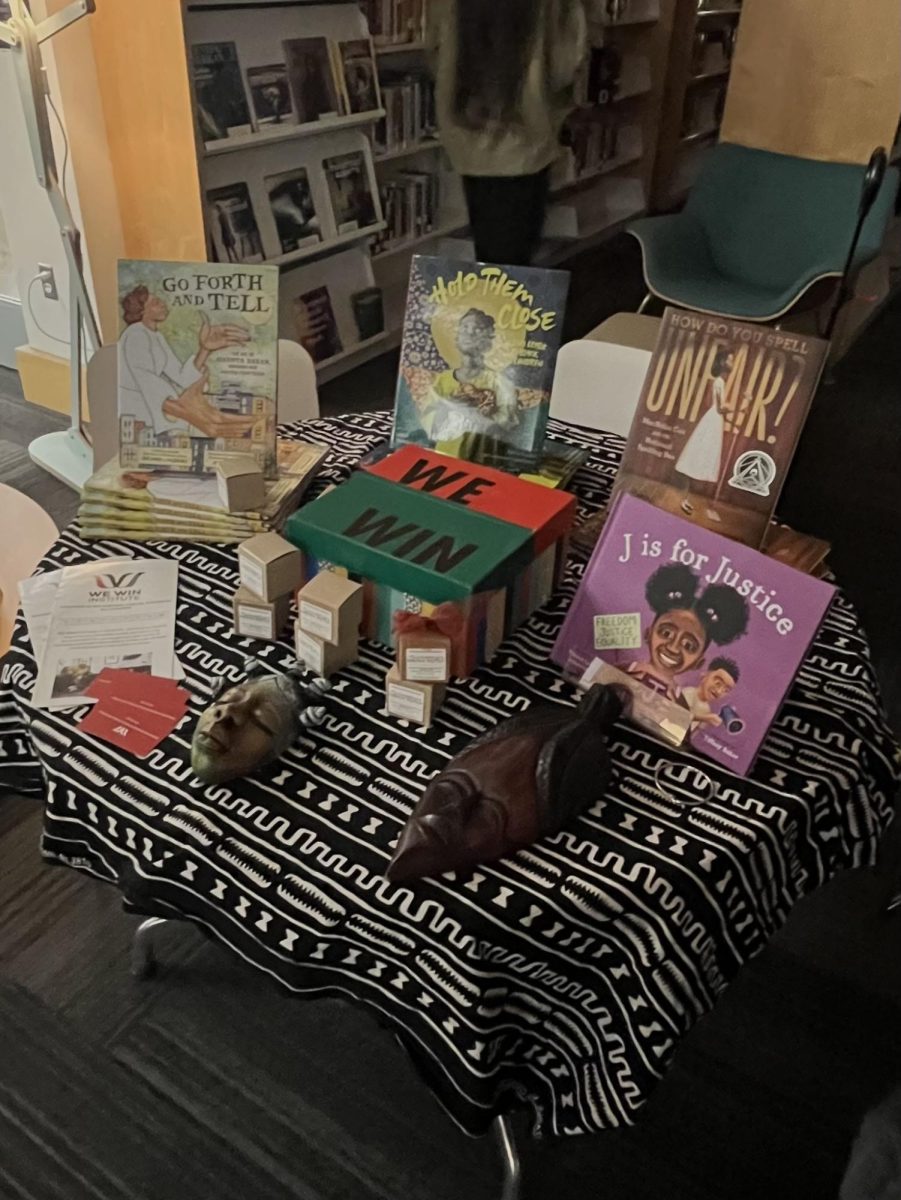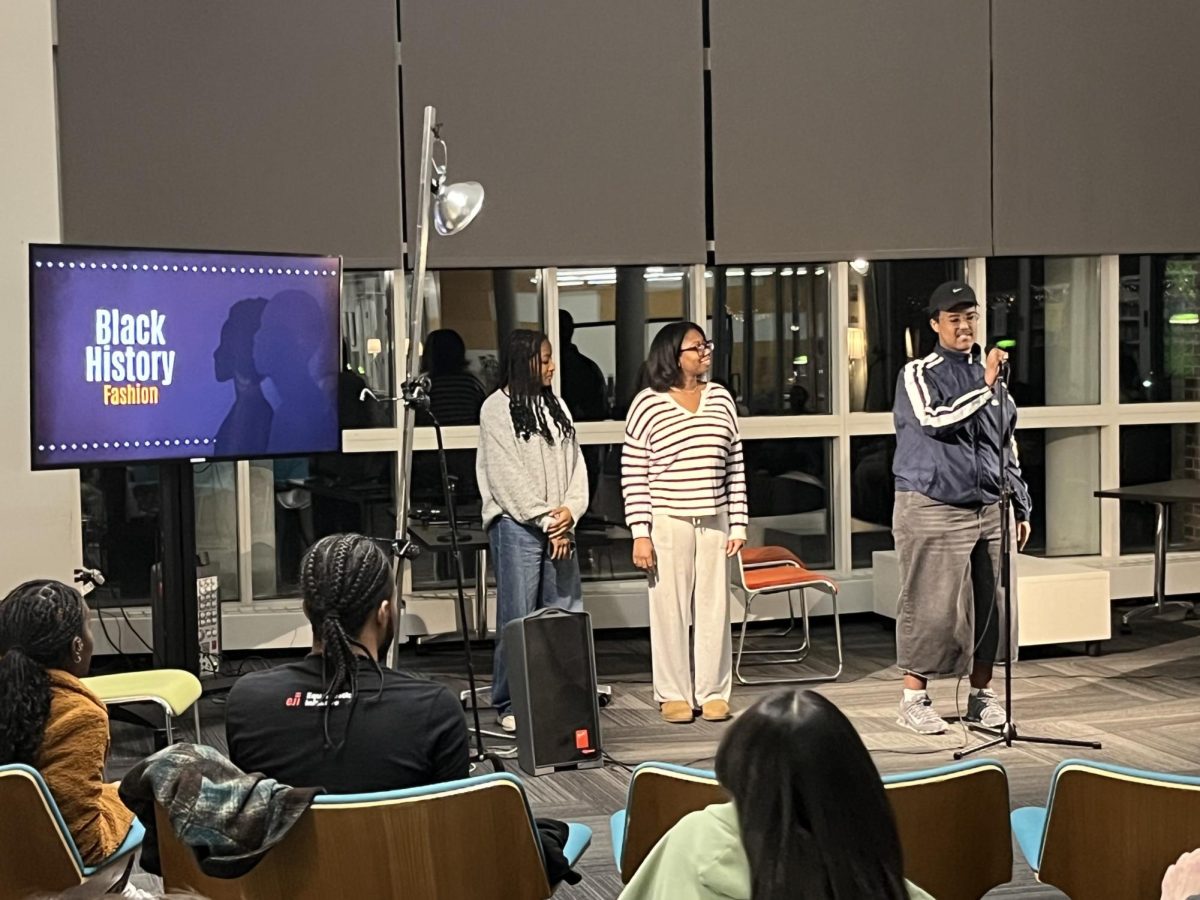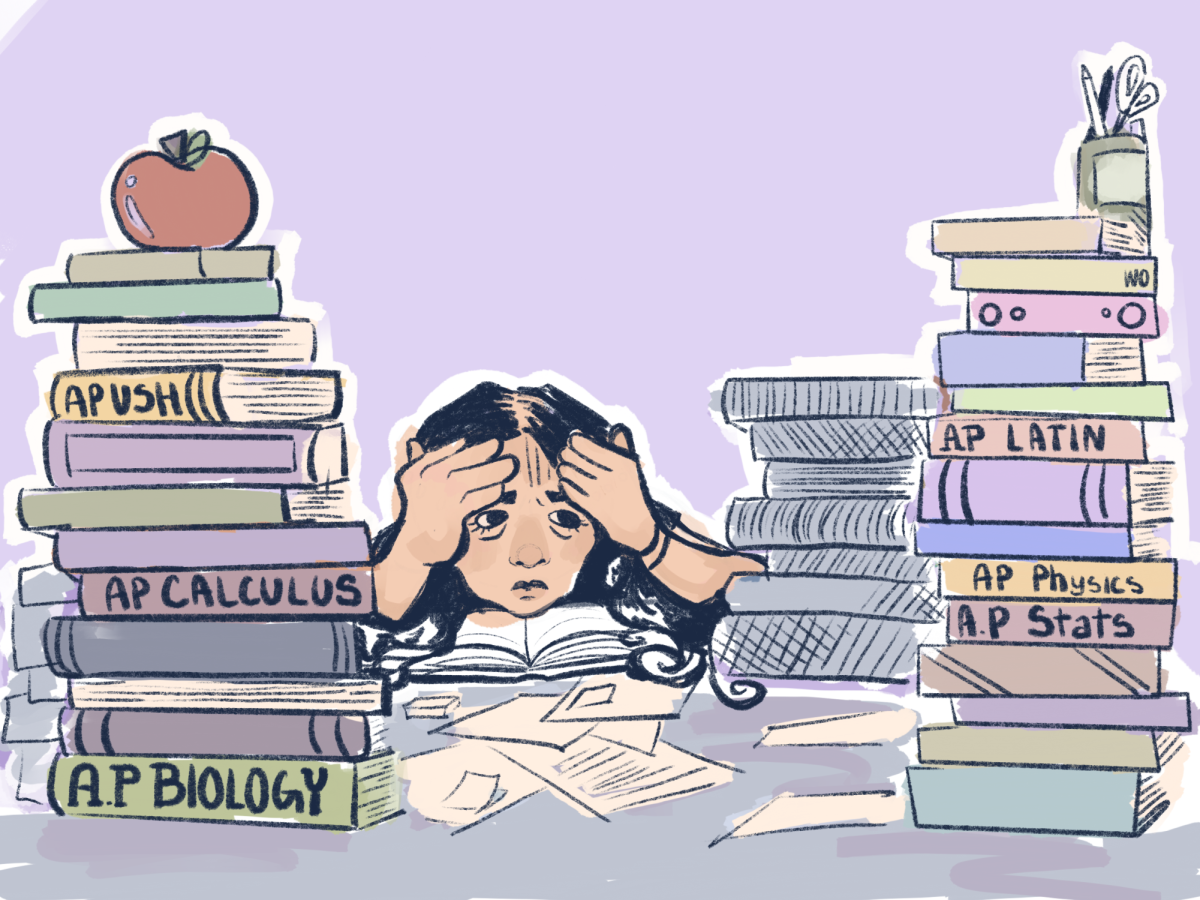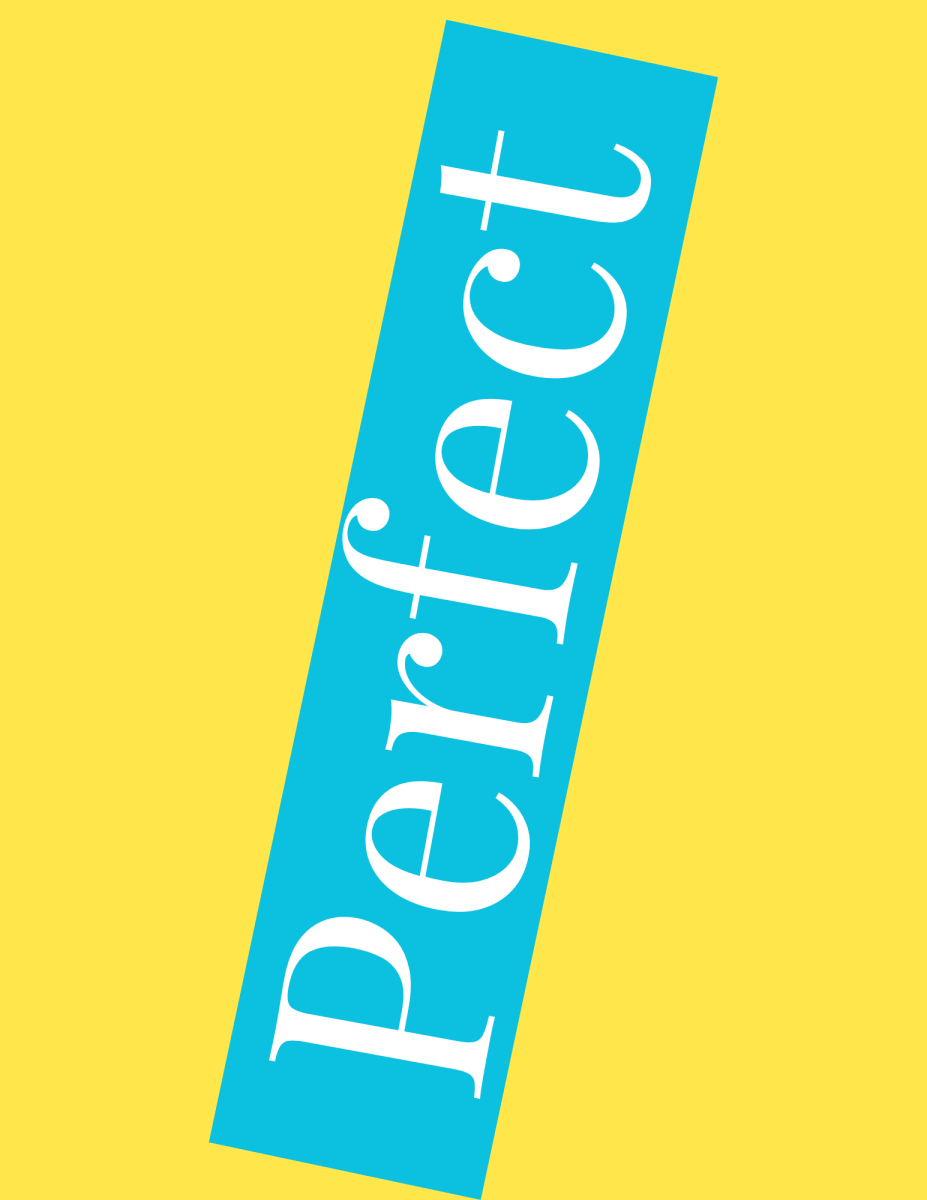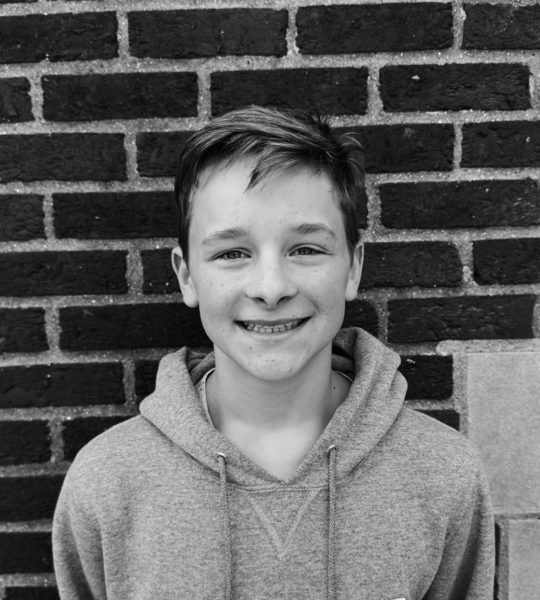Have you ever struggled to make a packing list for your trip, or good gift ideas for your friend or family member? Ask ChatGPT and you will know the answer. While Artificial Intelligence does have some negative influence on students, it also has benefits that outweigh the cons. Is it wrong to google something like, “how long does it take to drive from my location to Washington D.C.?” Then why is it so bad to do research on ChatGPT? Computer Science Department Chair teacher, Madeline Burton, explains the premise of ChatGPT as a tool created through gathering data from countless sources online– including factual content as well as not reliable content from blogs and other resources. While humans are unaware of how ChatGPT formulates this information, it is known that it identifies relationships of information.
One benefit of ChatGPT is that it has the ability to answer simple and advanced questions quickly. ChatGPT’s ability to generate ideas can be used to answer simple questions, but most teachers at Blake have syllabi against using it. This program of AI has the ability to create some legwork for you in generating sources and seeking ideas.
Beyond ChatGPT, there are other AI programs that are really helpful to use. One AI is called DALL-E2, a platform that allows you to put in word associations and it will create a unique image. The website describes that DALL-E2 gives full permission to use the images produced, meaning that they aren’t considered plagiarism. While this program wouldn’t always be the best for a school project, it can help spark ideas for artwork as well as create images for different things outside of school, like making a book cover.
A common fear surrounding AI is that students can use it to cheat; it’s not simply a tool for cheating, but also for learning. Burton describes that ChatGPT has the ability to explain solutions for a “high school student” or with an “analogy,” helping you get a better broad understanding of a topic. But it’s not always the best at providing straight-up facts.
“It has a general understanding of how the world works, but there’s no one there identifying whether information going into ChatGPT is true or false. So, the information and data that it has, that it’s pulling from to give you, are not necessarily good sources,” said Burton.
Some teachers are worried about ChatGPT and AI competing against humans to succeed, even taking away the point of certain people’s jobs. Burton contradicts this belief by saying that humans need to improve on using this tool, some roles of people’s jobs have changed, but it is important to adapt to these changes through creativity and expression. She provides an example of when the camera first came out. Picture this: Artists many years ago were amazing painters and made a living off of painting people, but right once the camera was produced, many humans were lured by this new device and ended up using it. She explains, “What value do those people have? Because absolutely they still have value. They have expression and they have personality, and they have the ability to make changes to the image.” Burton would be surprised if there is a point in time when computers are taken too far overboard and overrun human knowledge/creativity; People simply need to adapt to the new Artificial Intelligence while using their own “unique thoughts,” “connections,” “innovations,” and “designs.”
In the past, teachers used to tell students that they weren’t allowed to use calculators on tests, but now, students use calculators in their daily lives. Burton believes that there is a high possibility of ChatGPT becoming more present in our daily lives. Prior to using tools to assist with “busy work” around any activity, it is necessary to understand the process and puzzle pieces of reaching the solution. When still in the process of learning, ChatGPT isn’t an appropriate tool for students because the neural connections in the brain won’t connect, creating people who “don’t know how to live in the world,” Burton said. Whether or not ChatGPT ends up being integrated into our lives, Burton believes that it won’t get to a point where it’s doing the thinking for humans, because then there is “no reason to go to school in the first place.”

